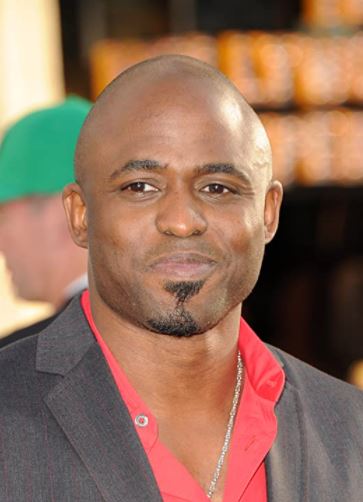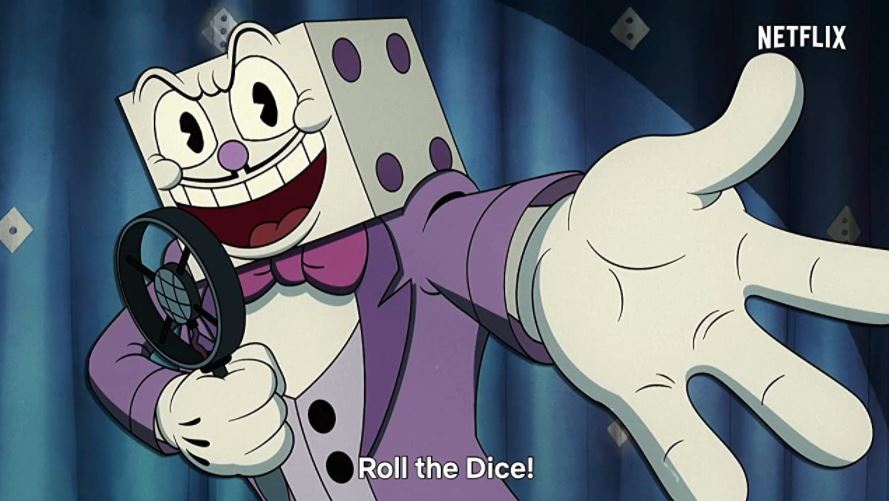With so much news swirling around indie-darling run-and-gun shooter video game Cuphead lately, including a new downloadable content and a Netflix show both releasing later this year, it’s no wonder many fans are trying to figure out whether Microsoft actually owns the game that was once exclusive to the Xbox platform.
After all, Microsoft does own the studio that makes Minecraft, Mojang, and that game can be found on competing PlayStation and Nintendo Switch consoles. So is a similar thing happening with Cuphead, since it is also on the aforementioned rival platforms?
When We Got This Covered began researching this topic, we found some news articles with scattershot sourcing and contradictory information. Therefore, just to be safe, we reached out to both Microsoft and Cuphead‘s developer, Studio MDHR, for clarification via email last week on who actually owns the intellectual property of the game, but neither company has responded to us as of press time.
However, aside from one apparently incorrect article, we did find enough research online that seems to confirm an answer for us. In a nutshell: no, Microsoft does not own Cuphead or the studio that makes it and we will explain how we got to that conclusion.
First of all: Studio MDHR. In doing a basic check on the company’s About Us page on its website, the studio is described as “an independent video game company founded by Chad & Jared Moldenhauer.” That “independent” part of the sentence would seem to indicate it is not a company that has been bought out by Microsoft at this time. What’s more, Studio MDHR is also not listed as one of the studios under the umbrella of Xbox Game Studios, meaning it is not a first party Microsoft studio. This rules out the possibility Cuphead may have been owned by Xbox by way of owning the studio that makes the game.
We’ve also found a report that seems to confirm that Xbox does not own the IP of the Cuphead game by itself, either. As we mentioned before, Cuphead is now available on non-Xbox consoles. In a GamesIndustry article, the publication stated Microsoft contacted them to clarify that “Cuphead is not an Xbox first-party title, but is actually owned by Studio MDHR.” So, bam! There’s your answer: the IP of Cuphead is owned by Studio MDHR, not Microsoft.
The confusion over the game’s ownership may have started due to the initial Nintendo announcement back in March 2019 including thanking their “friends at Microsoft” for helping to bring Cuphead to even more players.
Now with our definitive answer — or at least the one we can stand behind as a fairly air-tight educated guess — behind us, we should add the qualifier that we believe there is some kind of contractual agreement in play between Studio MDHR and Microsoft that once made the game a “lifetime Xbox One console exclusive,” as the Xbox website called it in 2017.
These types of contracts are not always made public and there was unsurprisingly scant official information on any agreement between the studios that can be found online.
A report from Nintendo Life indicated it was actually Microsoft who approached Studio MDHR about bringing Cuphead to the Switch, which seems to imply Microsoft could’ve continued making the game exclusive to Xbox platforms if they wanted to as part of the agreement they have with the studio.
In an interview with USGamer, Studio MDHR co-founder Jared Moldenhauer even expressed how the game coming to the Switch was “a surprise for us too.”
“It was something to do with Nintendo and Microsoft obviously working things out, finding friendly middle ground and the general sense was that they wanted more people exploring and playing games,” Moldenhauer said.
In March of 2019, the USGamer report also indicated the Switch port of Cuphead was slated to be provided with Xbox Live support, too. So it’s safe to assume Microsoft may have had some kind of deal with Studio MDHR to support the game, even on a non-Xbox platform.
The Cuphead Show!, for which you can watch the official trailer here, premieres on Netflix Feb. 18. The DLC Cuphead: The Delicious Last Course releases July 30.



